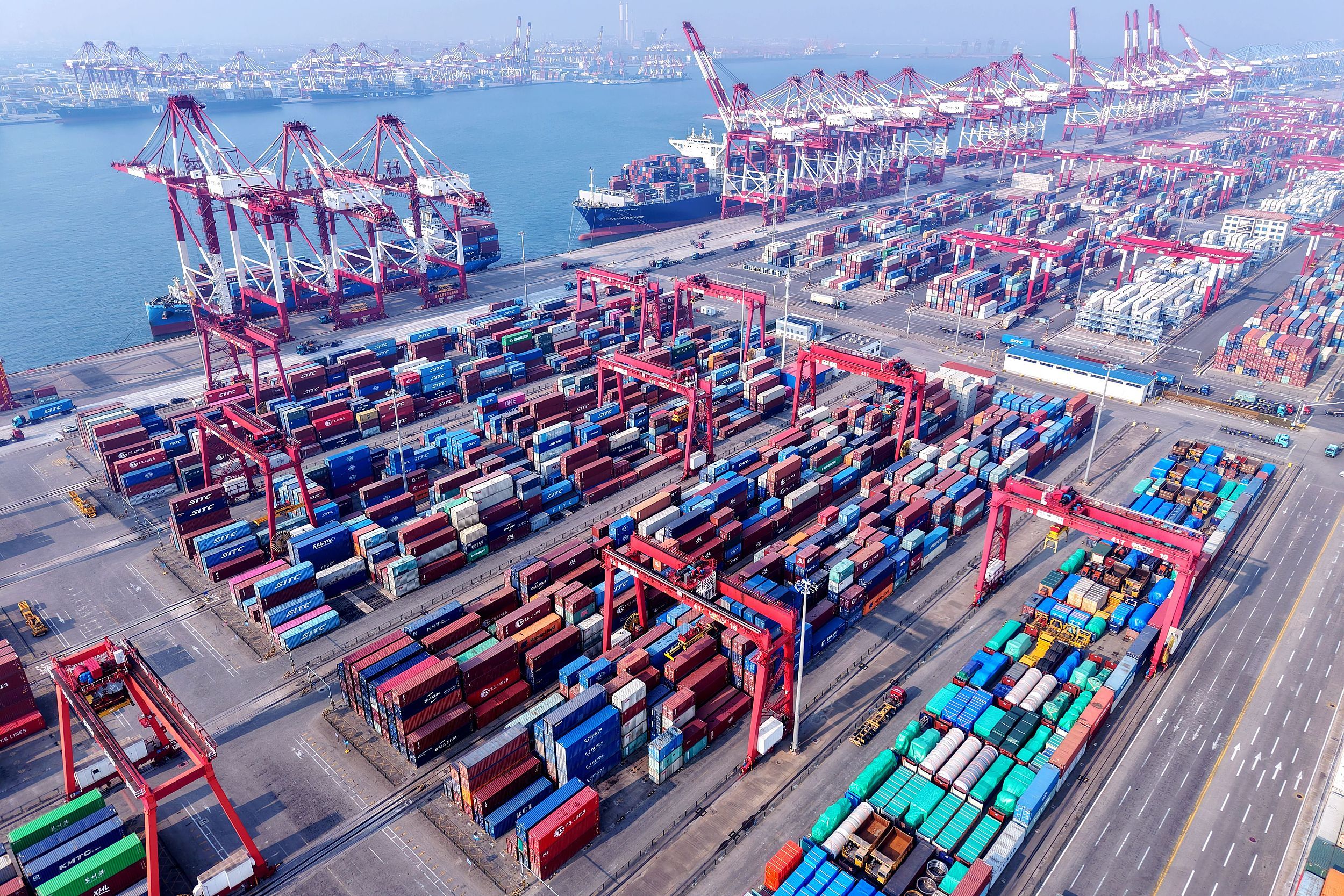Trump Tariffs to Erode America's Own Might

U.S. President Donald Trump's fresh weaponization of tariffs against the whole world is not a sustainable solution. The "reciprocal tariffs," rooted in economic nationalism, will not revive America's manufacturing sector. On the contrary, it is more likely to harm it.
Empirical evidence and expert analyses suggest that the strategy is fundamentally flawed. According to an analysis by the ING Group, the cost of reshoring manufacturing is prohibitively high. Only high-value-added sectors, accounting for merely 10 to 15 percent of total U.S. imports, might consider returning home.
Intel's case is a representative example. A U.S.-based Intel fabrication plant demands up to 10 billion USD in investment and a workforce of approximately 6,000 employees, alongside a construction timeline spanning three to five years. This scale of investment is not easy to justify when the political and economic conditions remain uncertain. Most manufacturers, when faced with this risk, will continue to rely on existing overseas facilities rather than gamble on an unstable policy landscape.
Meanwhile, retaliatory tariffs from America's trading partners are emerging, and they threaten to undermine the very sectors the U.S. seeks to protect. ING originally projected that U.S. domestic manufacturing output could grow by three percent in 2025, bolstered by favorable regulatory and tax policies. That estimate has now been revised down to one percent in light of the tariff escalation.
Protectionism begets counter-protectionism, triggering a chain reaction that fragments global markets and diminishes export competitiveness.
Besides, the tariffs have done nothing to address the structural issues plaguing U.S. manufacturing. Since the 1950s, the share of manufacturing jobs in the American labor force plummeted from 30 percent to just 8 percent. The U.S. economy has evolved into a service-dominated model.
Manufacturing wages in the U.S. are on average 2.5 times higher than in South Korea, and labor shortages persist — particularly in skilled trades like welding, which has a national shortfall of over 300,000 workers.
Raising tariffs may inflate the prices of imported goods, but will not reduce domestic labor costs, retrain workers, or reverse decades of economic transition. The cost of living and production expenses across nearly every industry could witness an increase.
According to the Budget Lab of Yale, American households will pay an additional 3,800 USD annually as a result of the latest tariffs. Over 80 percent of the tariff burden is expected to be passed directly to consumers. From farms that rely on imported wire mesh to AI data centers that require precision electrical components, every sector will be affected.
The scope of this disruption is vast. In 2024, the U.S. imported goods worth 3.3 trillion USD, while its total manufacturing output contributed less than three trillion USD to GDP. The math is revealing: America imports more than it produces domestically. There may be room for reshoring, but it is limited. What level of reshoring does the U.S. government envision? Over what time frame? What are the thresholds for success or failure that would warrant a policy reversal? At present, there are no clear answers.
History has shown tariff wars have no winners. Economic protectionism, dressed as patriotism, inflicts more harm than it prevents. The aggressive U.S. tariff measures, particularly toward China and other key partners, are self-defeating. Rather than reviving American industry, they risk isolating the U.S. from global supply chains and inviting economic retaliation. The true path to industrial revival lies not in walls, but in innovation, investment, and international cooperation.






